(ThyBlackMan.com) It’s 2019, although sometimes as an Alabama native, born and raised, I believe its earlier in time. In early April, a 15-year old gay Black kid named Nigel Shelby killed himself. He attended Huntsville High School where he was subjected to bullying from his peers.
Outside of school, he was more of himself. His mother, Camika Shelby, said that he had a bright personality. He was creative and loved to sing and dance. Young Nigel was close to his mother and came out to her roughly two years ago.
Then high school happened.
The Social Order in School
For some, that freshman year can be rough. Being a gay Black freshman made school a landmine. In addition to getting the hang of academics and finding activities to participate in—if you were so inclined—there’s the social aspect of high school. You’ll make friends but different cliques and a social hierarchy makes it a shark tank to navigate.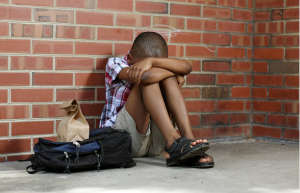
Nigel had to navigate it with the addition of dealing with classmates who viewed his sexual orientation as something abnormal, wrong, and a point of ridicule. Certainly not all classmates felt this way towards Nigel, but there were enough vocal bullies that drove him to take his own life.
Times like this make me wonder why—in a period where being gay, lesbian, and transgender is more in the open—people continue to target that community. Especially when its public knowledge among gay people and Black teens are rising.
There are several factors to this but to keep things on Black kidds: teens aren’t the most reasonable people to deal with. This isn’t to say they’re just double strength feral and they’re certainly more reasonable to deal with than small children but they’re still in the stage of maturing.
Add into this that you have hundreds of teens in one location for the length of the average work week—you have a social minefield.
Black Children Deal With More Pressure Than We Think
A teen just entering that environment could face bullying, provocation to fights, crushes and heartbreak, rumormongering, isolation, hazing, peer and teacher pressure, frustration, and so on.
Adults experience these things too but with some breathing room and a slight edge of security in having little to no obligation to deal with any of that. Dealing with the consequences of our actions as adults are on our shoulders.
Teens shoulder these actions and consequences too and to a degree try to carry them in the same way adults do. Some smoke, some drink, others confide in trusted peers, and others keep it to themselves. Those who keep it to themselves try not to inconvenience anyone.
Factor in being a Black teen who is gay. Or a girl being pressured to “give it up.” Or in the case of 11-year old Phillip Spruill, because he was overweight. There’s more pressure from obligations to parents.
What Can Parents Do
Children could tell their parents, in most cases Black parents are understanding and protective of their kids. But that comes with a bunch of other problems if that child stays in that school.
Sometimes taking the kid out of a toxic school and enrolling them elsewhere is the answer. They might not have to deal with the bullying of not fitting in and it might not involve the family having to move to an entirely different neighborhood.
Short of going up to the school and lumping up the teachers, the principals, and the bullies, what can parents do? If the bullies are simply given to detention or suspension, they will be back. Then the kid might have to deal with being ostracized and isolated for “ratting out” the bullies. I mean, that bully would have to be the biggest heel at the school where everyone is glad they’re gone.
Telling the kid to stand up for themselves and fight can have mixed outcomes. A randomly-working zero tolerance policy—you know, the one that let the bullies go on unchecked until the kid had to fight them—could result in both or even only the bullied getting discipline. Telling the child to fight them off school grounds puts the child at risk since there’s no guarantee the fight will be broken up if it goes badly or someone goes too far.
I don’t have the answers to this. The age old “Be there for your kids, listen to them, and be involved with them” isn’t stopping bullying and it can escalate into our Black children taking their lives or doing self-harm. The best adults in general can do is tell kids to let us know about bullying, watch out for it ourselves, and punish it when it happens.
“Kids will be kids” or “They’ll deal with worse in the ‘real world’” aren’t the best conclusions to come to when children are killing themselves because we do a slipshod job at protecting them from their peers.
Staff Writer; M. Swift
This talented writer is also a podcast host, and comic book fan who loves all things old school. One may also find him on Twitter at; metalswift.












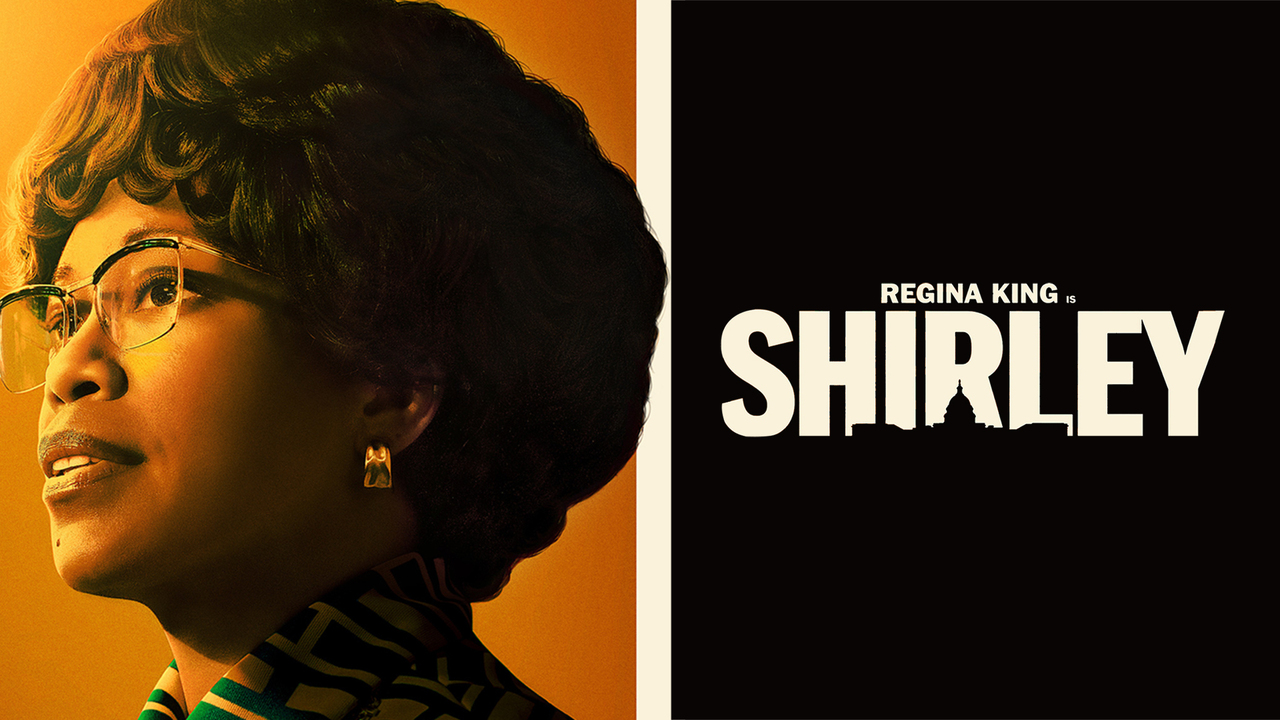
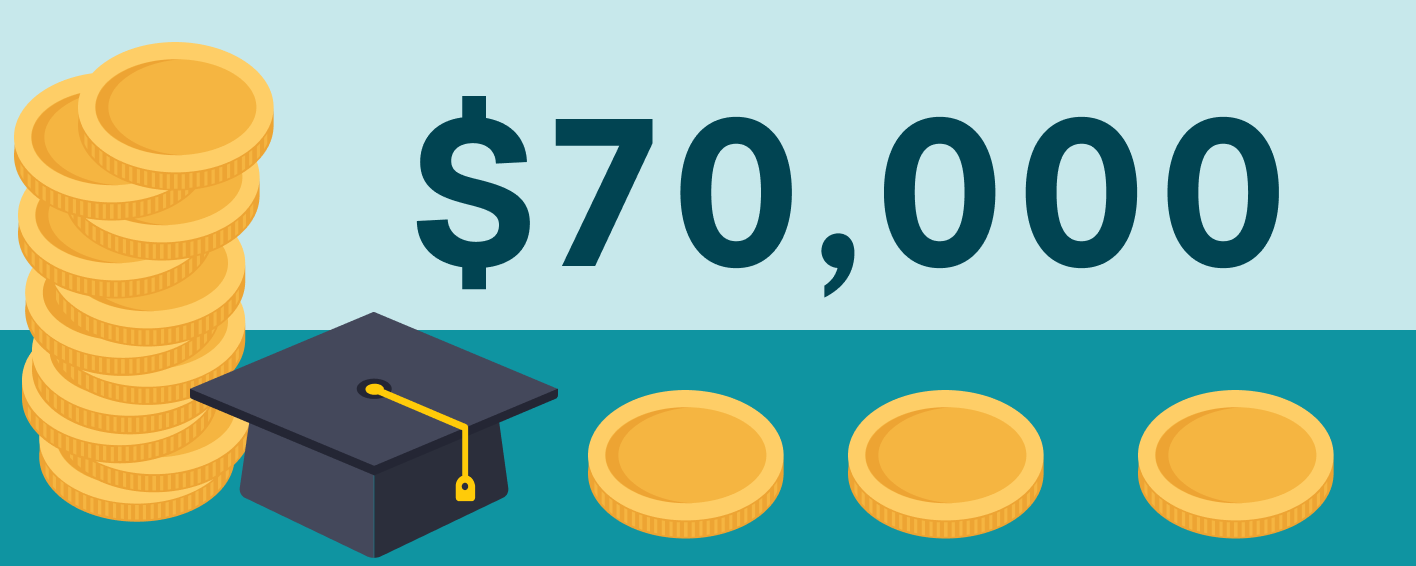
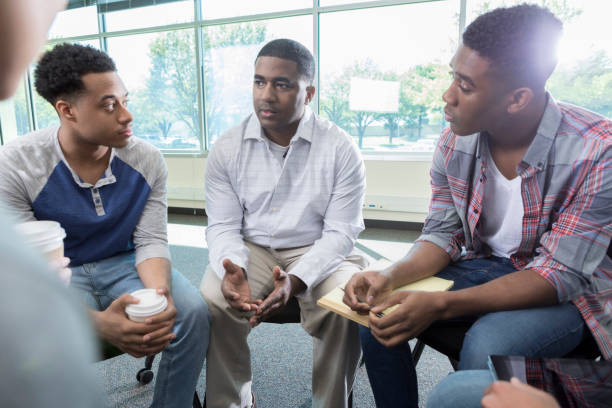
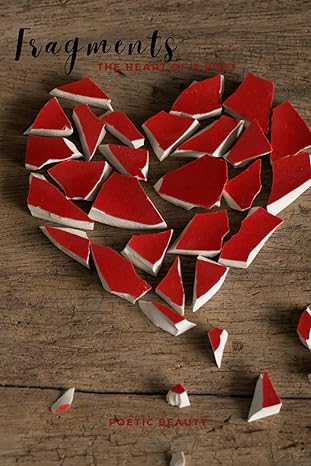
According to the King James Version of the Holy Bible, the Roman Procurator Pontious Pilate interrogated and debated with Jesus Christ who said that he, Jesus Christ, was “witness to the truth”( John 18:37 ). Concerning the definition of truth ( John 18:37 ), Pilate asked Jesus ” what is truth ” ? To the Roman military leader Pilate, truth was military power, and high political rank. Pilate’s greatest dream was to return from the hinter lands of what is now called the middle east back to Rome to enjoy the good life as a pagan Roman citizen of high rank, and to Jesus Christ, he, Jesus Christ, was truth.It is clear to me that Jesus Christ stood before Pilate’s human sensoral perceivable reality in three dimensional space plus the axis of time as truth, and was not universally perceived as such.Pilate saw no threat in Jesus Christ. To Pilate, Admittedly, Jesus was not a king of the Jews, and didn’t have an army or any perceivable military force to bring against Pilate. but the Hebrew leaders saw him as a heretic, and blasphemer claiming to be the son of God. I think that you err in the same way as did Pilate by ignoring the LGBTQ existence as “truth”,and labeling their behaviors as “sinful”. You do not have to save LGBTQ from their sins because they were saved by the blood of Christ who died on the cross for their sins. LGBTQ behaviors are not any kind of political,and military might solely bestowed upon mankind by mankind.God’s truth stands firmly as an eternal divine construct in human being ( sum et esse ) from generation to generation the same ( idem ) bearing witness to “God’s truth.” LGBTQ is not an accident of nature, it is “God’s truth.”In this mysterious world of polar opposites where darkness defines light we should try to understand why God created LGBTQ, and the role they play in the intricate dovetailing of our reality.